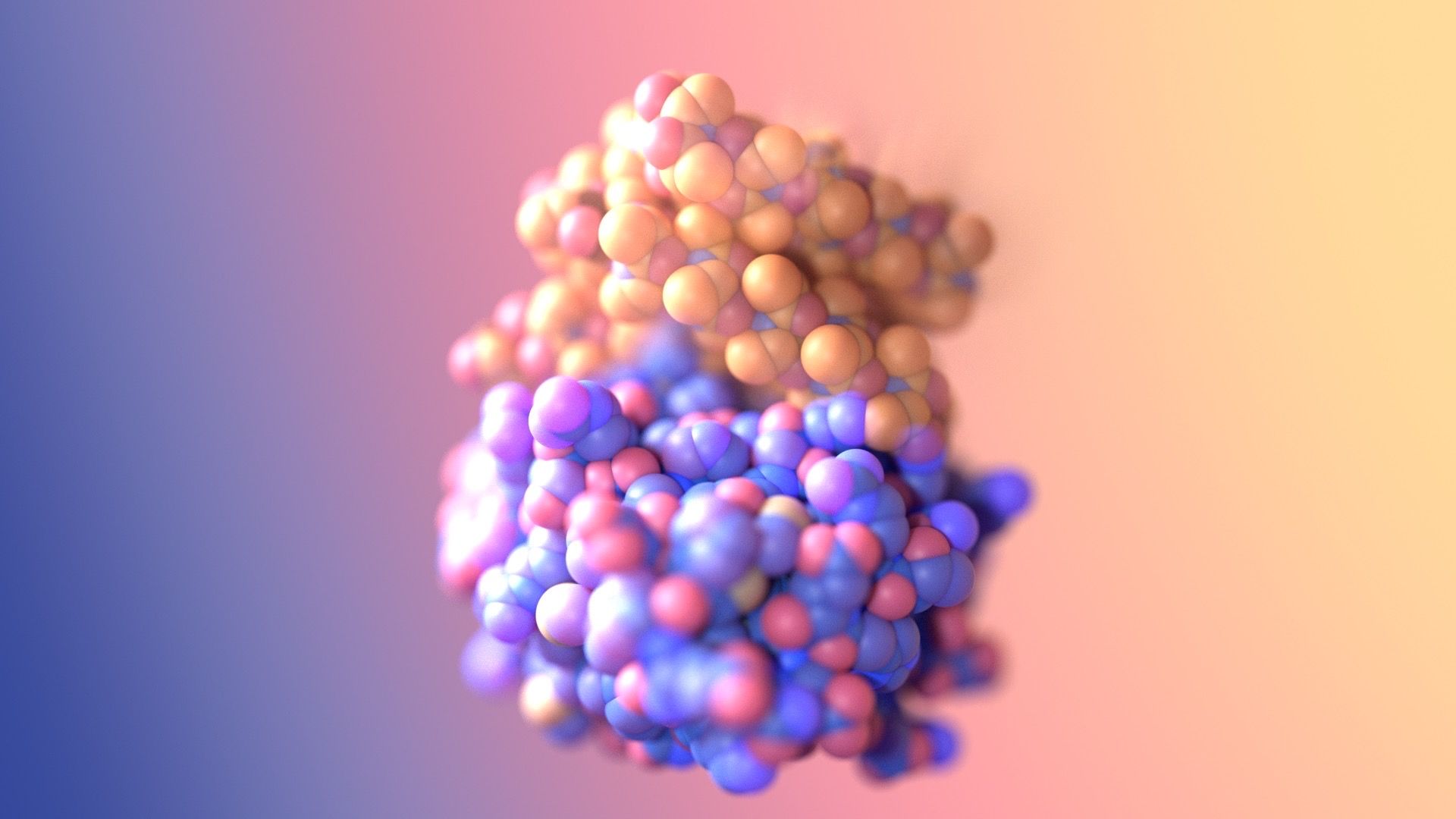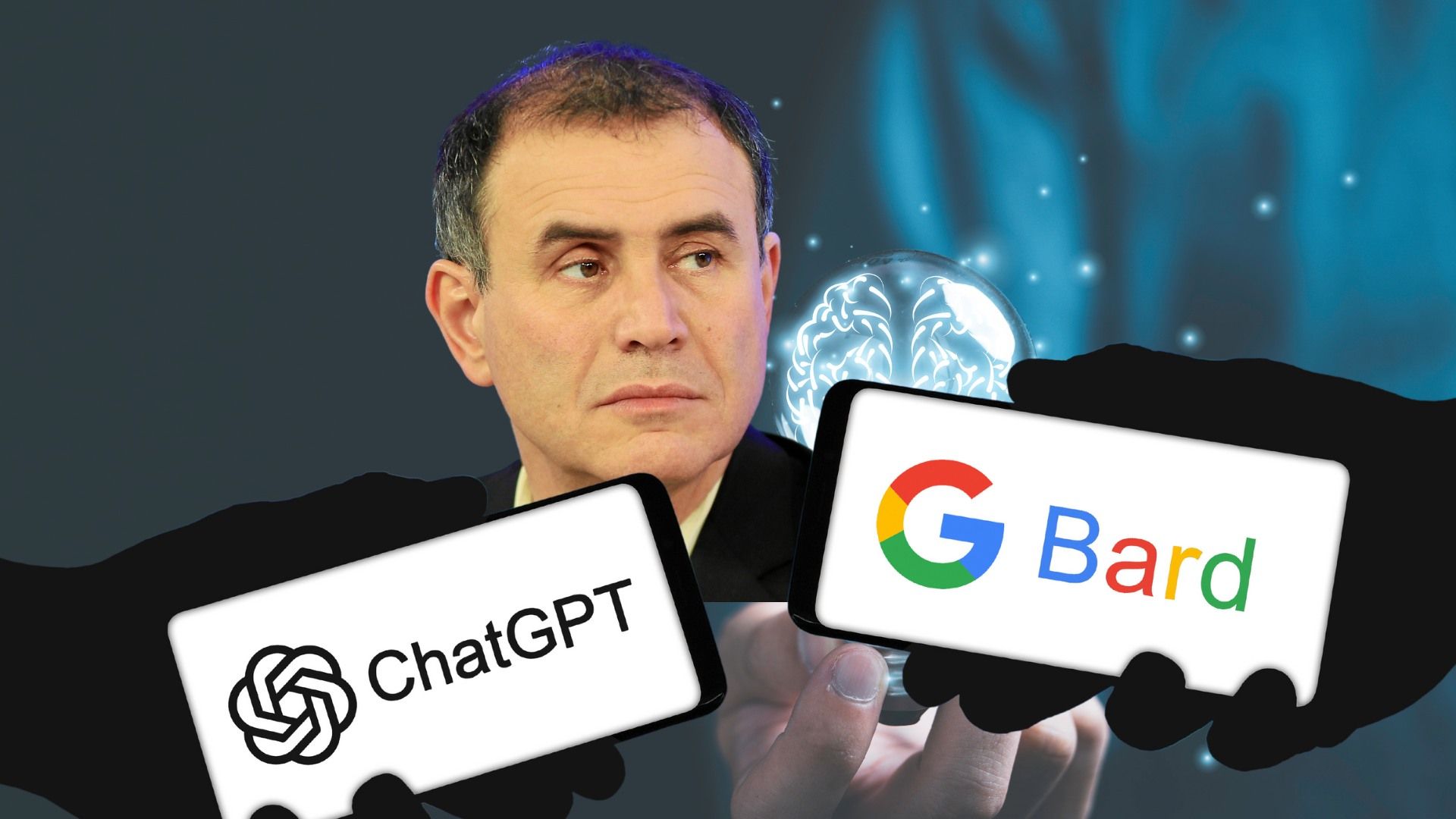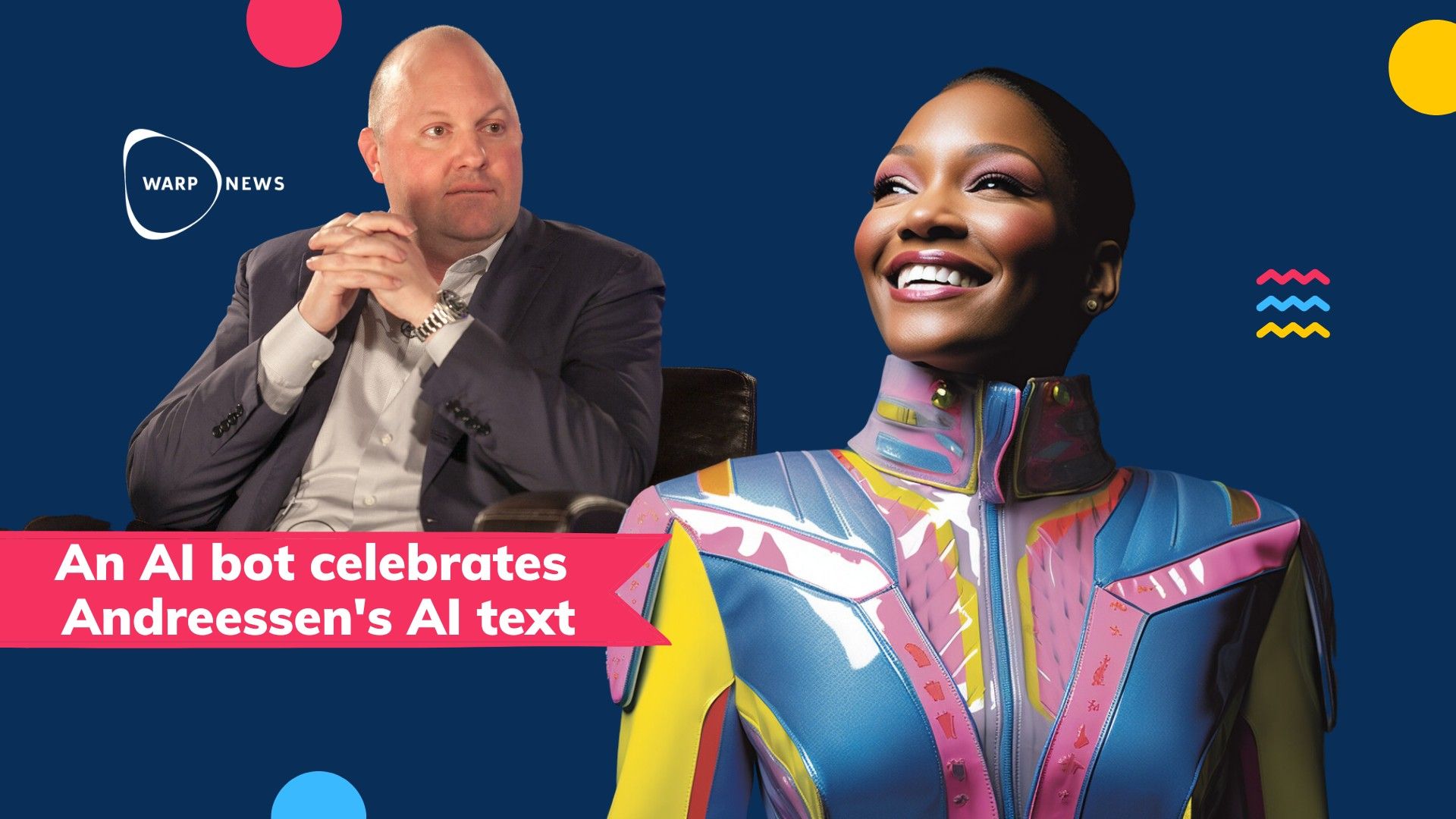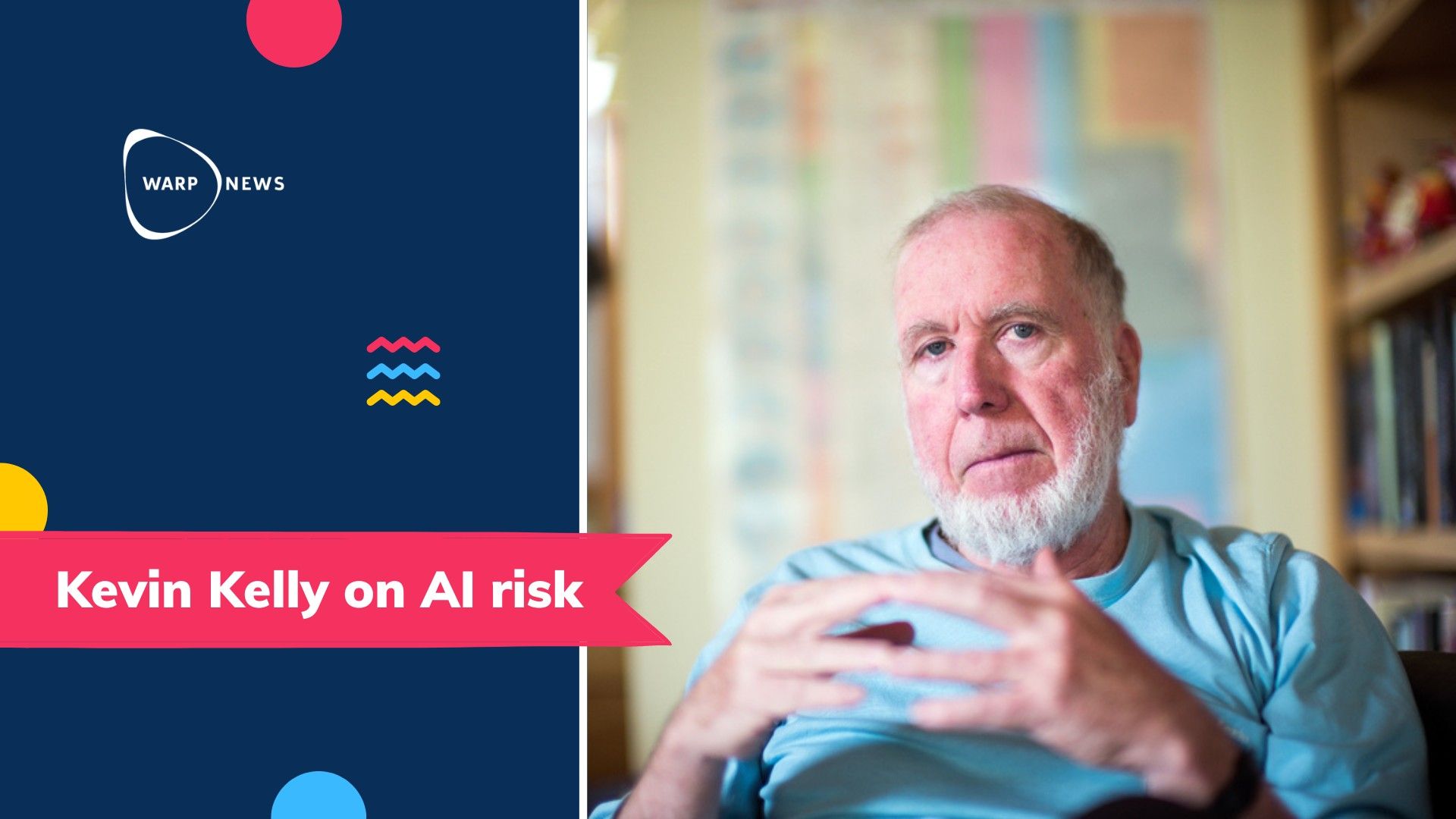🧠 Artificial Intelligence
Artificial intelligence (AI) helps doctors make better diagnoses, scientists create new materials, farmers grow crops more effectively and all of us driving cars - and millions of other applications. This topic also covers subsets of AI such as machine learning (ML), deep learning and neural networks.
🦾 Bill Gates' solutions to potential AI problems
"I believe there are more reasons than not to be optimistic that we can manage the risks of AI while maximizing their benefits."
🎨 AI art generation creates a revolution in protein design
AI tools are transforming the creation of custom proteins into a mainstream science.
🏫 Warp Institute starts AI for schools company
We have waited a long time, but now it is possible to create a super-smart private tutor for each student. And for the teachers, an equally smart, hard-working teaching assistant who helps with documentation and development..
🦾 AI makes Dr. Doom optimistic
AI is set to increase productivity in the next decade significantly, predicts "Dr. Doom", economist Nouriel Roubini. A recent McKinsey study showcases the potential of generative AI to boost economic output.
👨💻 The Angry Optimist's guide to ChatGPT
My tips and experiences for getting started and using ChatGPT. Both for beginners and slightly more advanced users.
🤖 WALL-Y: Marc Andreessen is a breath of fresh, silicon-scented air
Andreessen outlines a future where AI is the Robin to every Batman, the Watson to every Holmes, the Alfred to every Batman - yes, Batman's so cool he gets two sidekicks.
🦾 Marc Andreessen in strong comeback against AI doomers (summarized)
Netscape and Andreessen Horowitz co-founder in the first comprehensive pushback against the AI doomerism. Marc Andreessen is among six inductees in the World Wide Web Hall of Fame
🤖 Kevin Kelly: Don't regulate AI based on fear of human extinction
"Just being really smart doesn't mean you can trump and overcome the will to survive of eight billion people."
🦾 AI discovers superbug-killing antibiotics
AI has been used to discover a new antibiotic, named abaucin, that can kill Acinetobacter baumannii, a deadly superbug. If the progress of AI were to be halted or slowed down, we risk hindering such life-saving discoveries.








